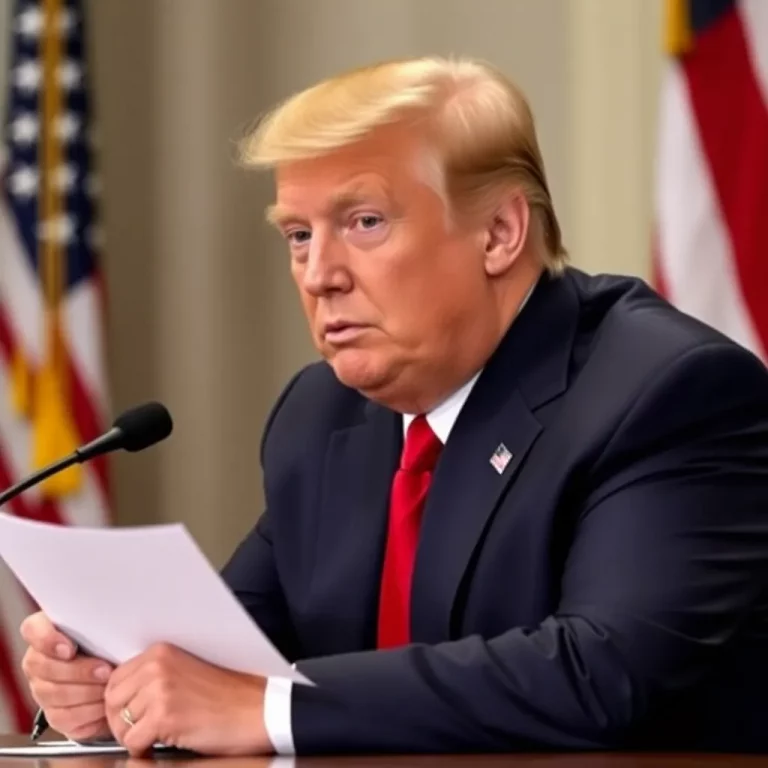In Washington, President Donald Trump recently signed an executive order titled “Saving College Sports”, aiming to clarify the federal government’s stance on ongoing issues in college athletics. However, many experts view this order more as an expression of opinion rather than a concrete policy change.
The executive order contains several notable points, including prohibitions against “pay-for-play” arrangements, protections for scholarships in Olympic and women’s sports, and clarifications stating that college athletes are not employees. While it may sound significant, an executive order does not change existing laws or court rulings. Thus, the hopes for substantial change hinge on further actions from Congress or federal agencies.
One of the critical focuses of the order is the “pay-for-play” debate. The executive branch asserts that third-party payments to athletes should not be allowed by universities, although it acknowledges fair market compensation for endorsements. This aspect is likely to inspire further discussions, especially since the NCAA has long prohibited pay-for-play since the introduction of NIL (Name, Image, Likeness) policies in July 2021.
The executive order also stresses the importance of scholarship allocations for non-revenue sports and mandates that schools earning over $125 million annually increase support for these programs. A total of 45 Power 4 programs are reported to have exceeded this revenue threshold, suggesting a possible shift to protect Olympic sports.
Moreover, the order highlights that revenue sharing should support both women’s and non-revenue sports opportunities. This comes in the wake of a broader trend where revenue sharing often favors high-profile sports like football and men’s basketball.
Additionally, the executive order calls on several federal departments, including the Secretary of Labor and the National Labor Relations Board, to offer guidance on these matters within the next two months. There are potential repercussions for non-compliant institutions, including the threat of reduced federal funding.
Despite this executive order, many anticipate that real changes will emerge only through legislative measures. A notable bill in progress is the SCORE Act, aiming to prevent pay-for-play deals and ensure athletes maintain their non-employee status. This bill also seeks to create a federal standard for NIL arrangements, potentially simplifying the confusing landscape of state laws.
However, there is skepticism regarding the bill’s success in the Senate, with opposition from various attorney generals who express concerns that it could empower NCAA authority in ways they view as detrimental to fairness and equity in college sports.
Key challenges lie ahead, including possible legal objections from athlete advocacy groups who feel the executive order undermines their earning potential. Long-term solutions require cooperation from Congress, which historically has struggled to find consensus on NIL regulation over the past few years.
As college athletics navigate these complex issues, the balance among competitive fairness, athlete compensation, and the sustainability of sports programs will remain a central concern.


